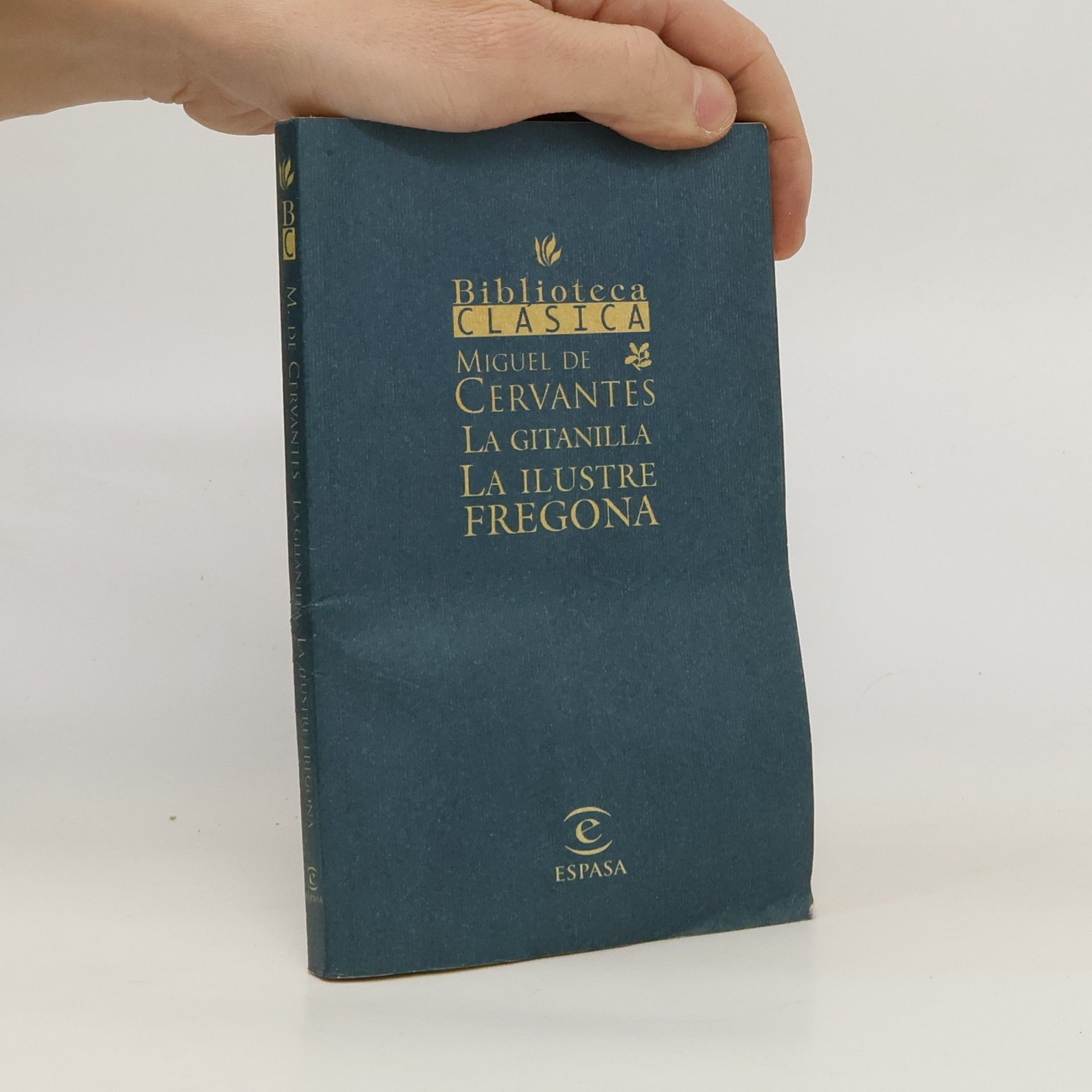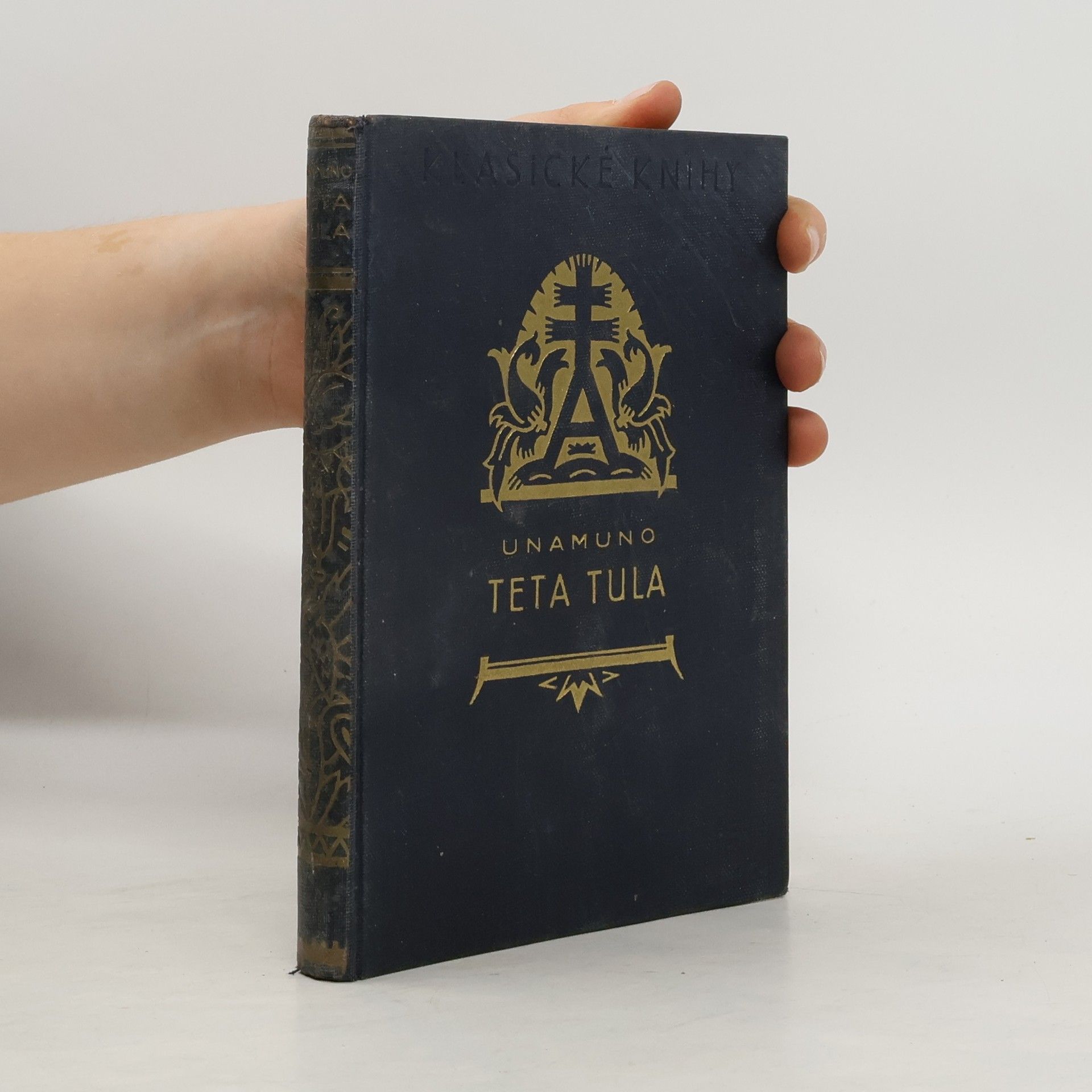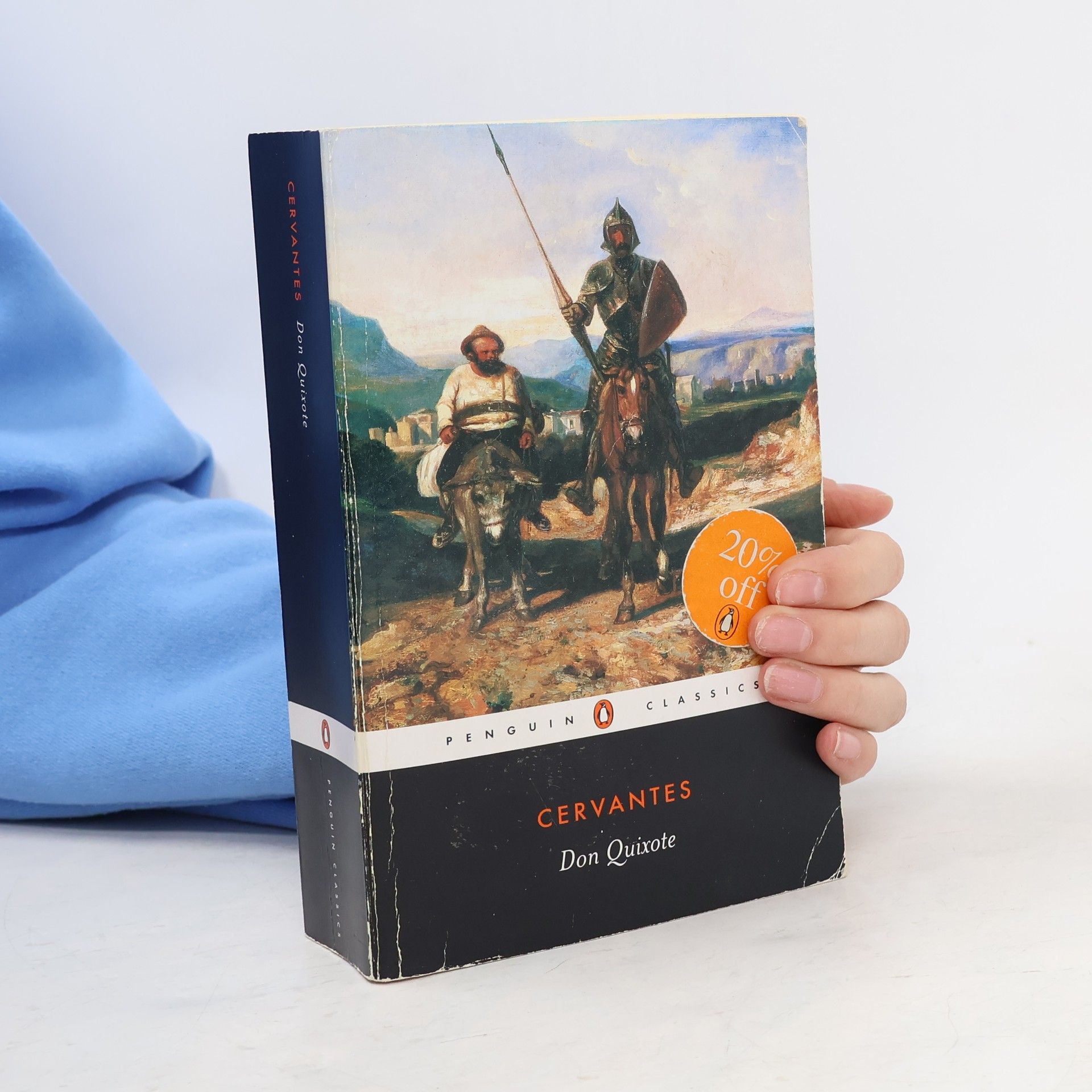A novel that features Augusto Perez, the pampered son of a recently deceased mother; the deceitful, scheming Eugenia, whom Augusto obsessively idealizes; and, Augusto's dog Orfeo, who gives a funeral oration upon his master's death. schovat popis
Miguel de Unamuno Boeken
Miguel de Unamuno was een vooraanstaand Spaans modernistisch schrijver, die op meesterlijke wijze essays, romans, poëzie en toneelwerk combineerde, waardoor de grenzen tussen genres vervaagden. Zijn werk duikt in diepgaande filosofische vragen en verkent de aard van het menselijk bestaan, geloof en twijfel. Unamuno concentreerde zich vaak op de innerlijke conflicten en existentiële dilemma's van zijn personages. Zijn unieke stijl en intellectuele diepgang maken hem tot een sleutelfiguur in de 20e-eeuwse Spaanse literatuur.

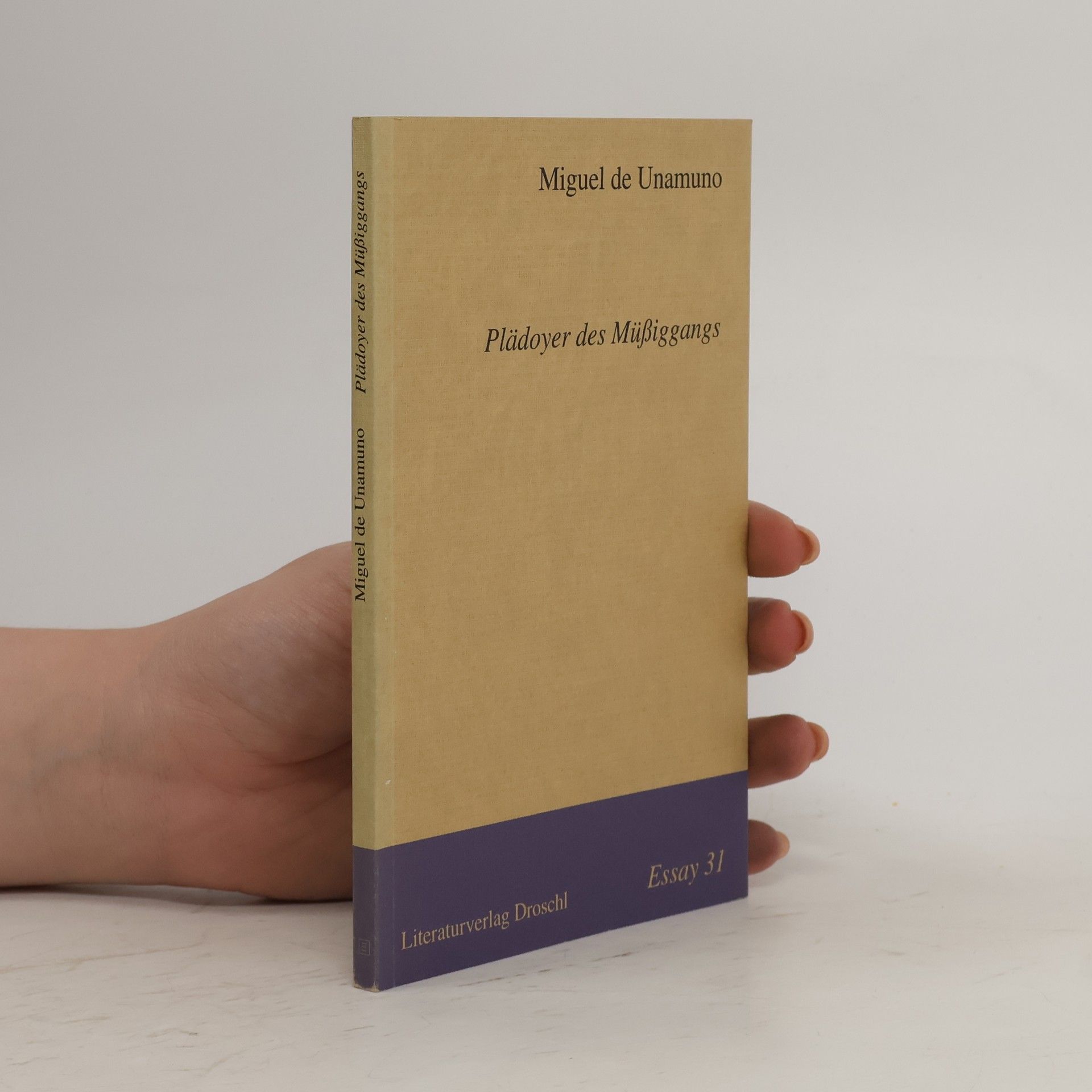

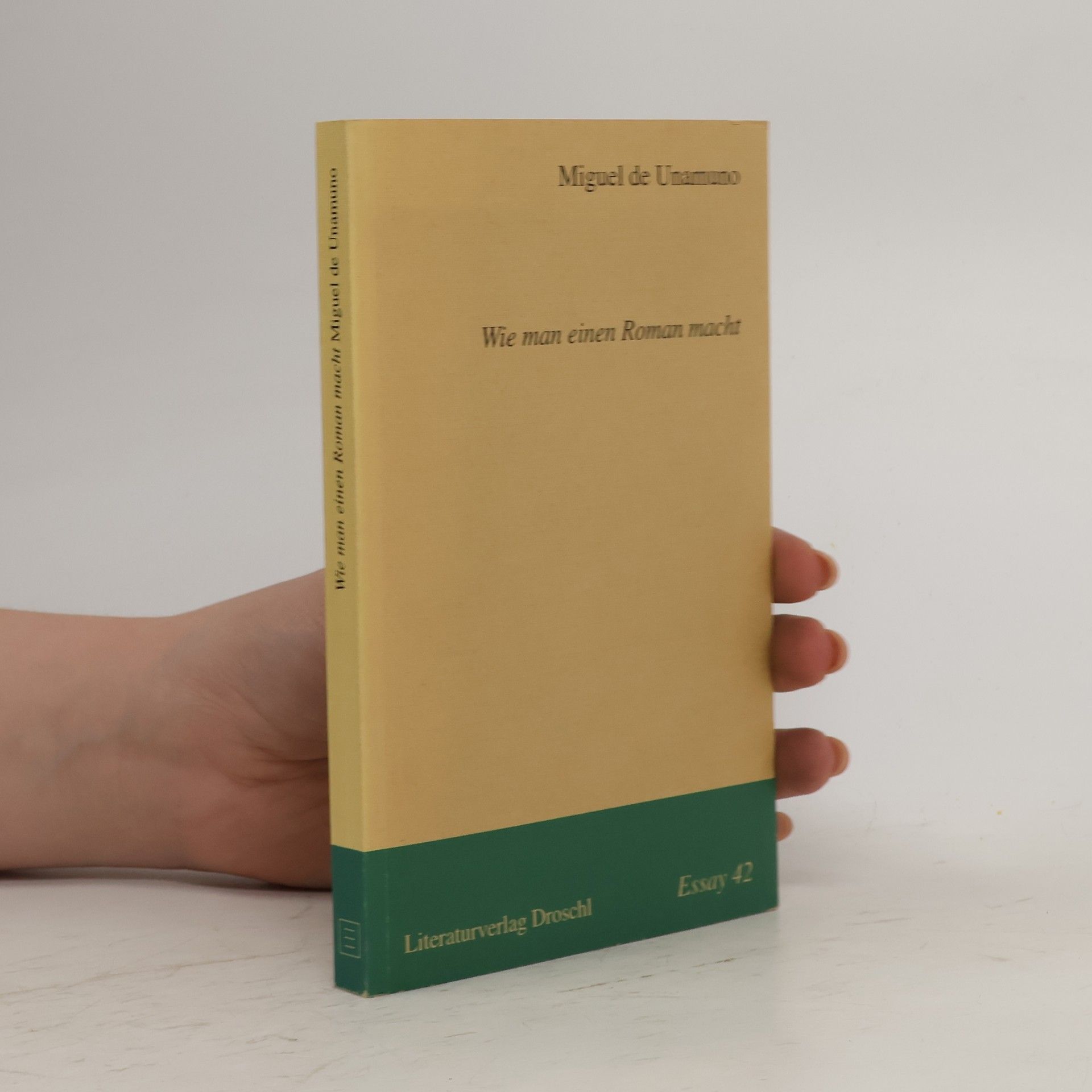
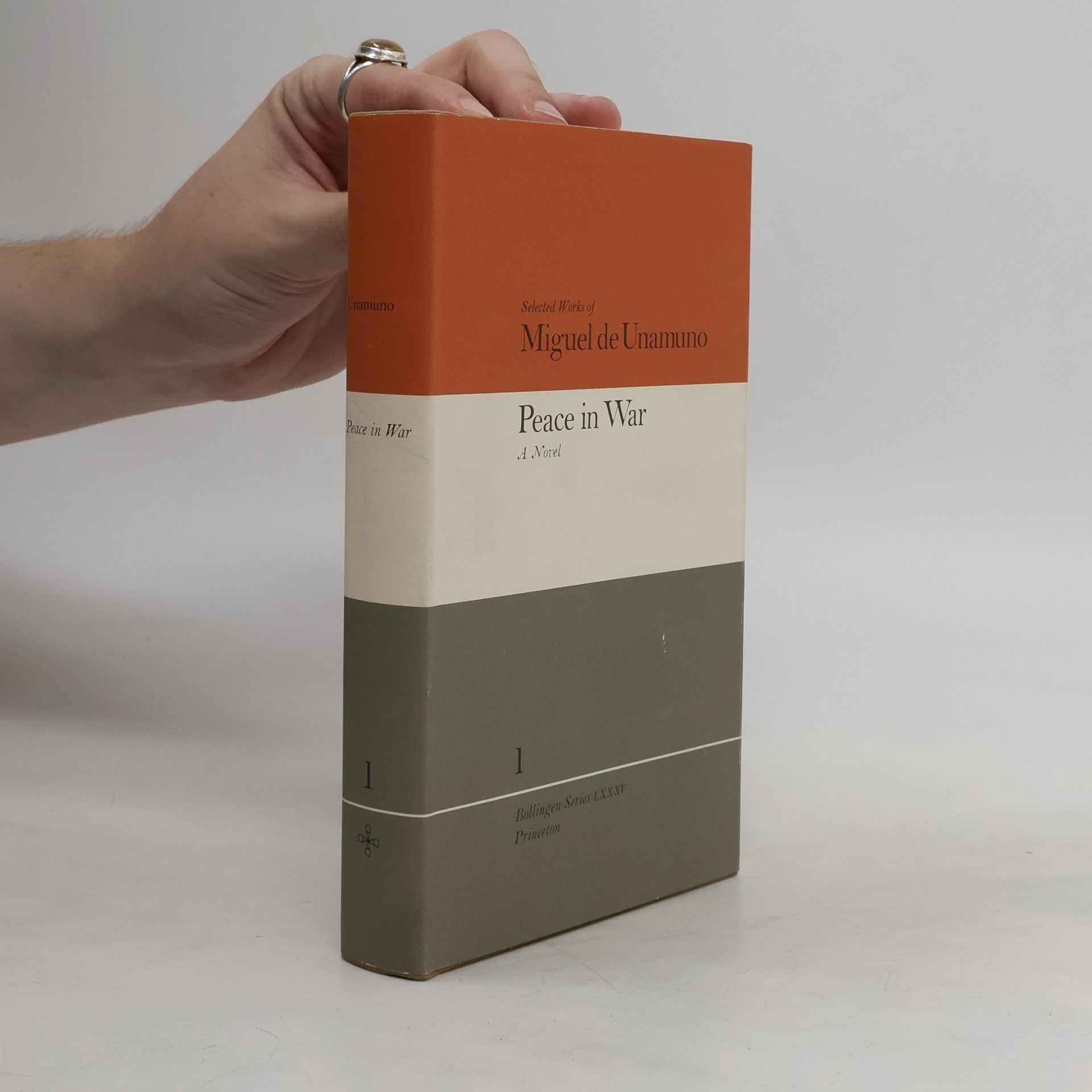

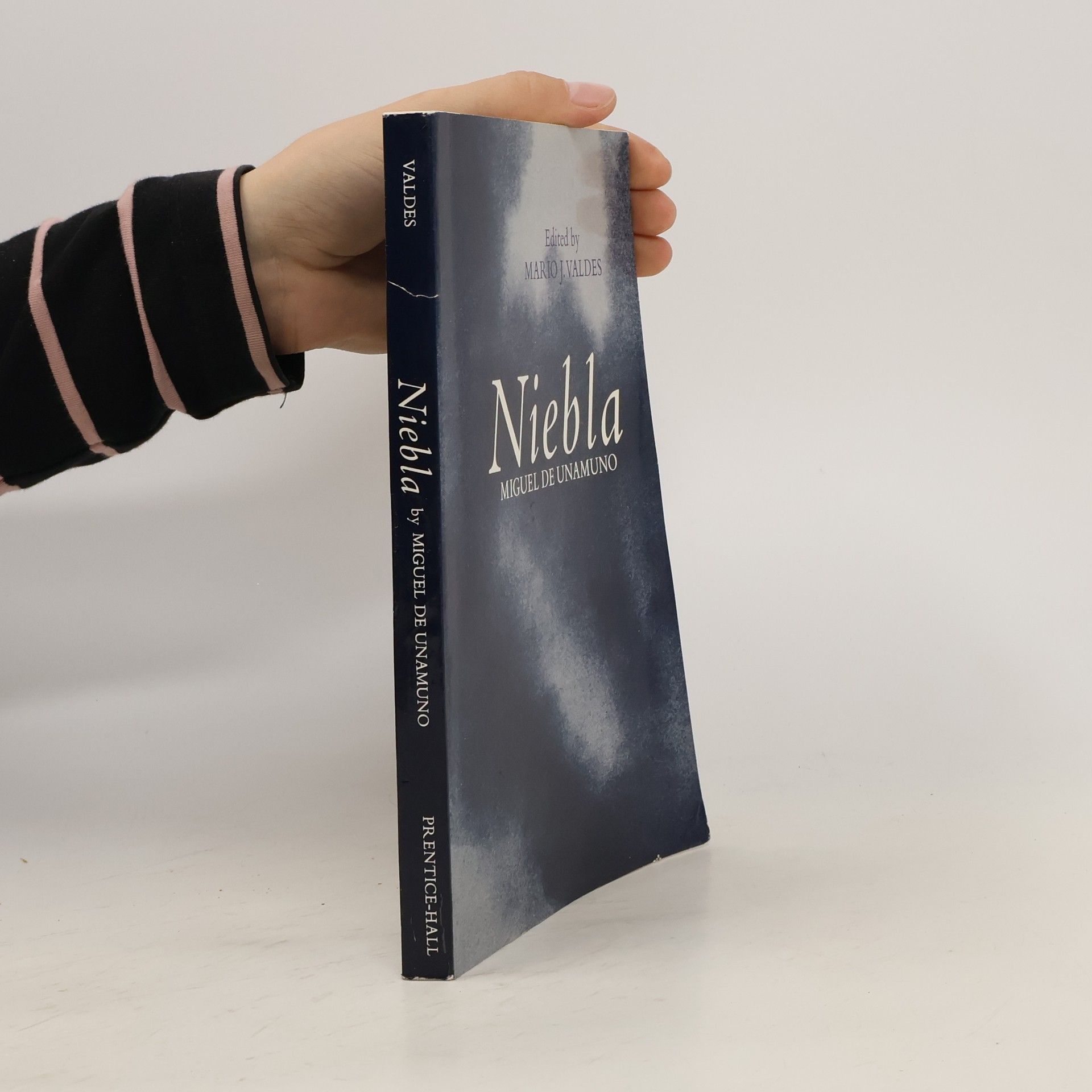
Tragic Sense of Life
- 388bladzijden
- 14 uur lezen
The acknowledged masterpiece of Unamuno expresses the anguish of modern man as he is caught up in the struggle between the dictates of reason and the demands of his own heart.
The first English translation of Unamuno's first novel, published in 1897, when he was 33. Its setting is the Basque country of northern Spain during the Second Carlist War (1874--1876), a conflict he lived through as a child. Originally published in 1983. The Princeton Legacy Library uses the latest print-on-demand technology to again make available previously out-of-print books from the distinguished backlist of Princeton University Press. These editions preserve the original texts of these important books while presenting them in durable paperback and hardcover editions. The goal of the Princeton Legacy Library is to vastly increase access to the rich scholarly heritage found in the thousands of books published by Princeton University Press since its founding in 1905.
Die Entstehungsgeschichte dieses postmodern anmutenden Textes ist einigermaßen komplex: Der 61jährige Miguel de Unamuno schrieb 1925 im selbstgewählten Exil in Paris eine Erzählung namens Wie man einen Roman macht, die er aber wegen der herrschenden Militärzensur nicht in Spanien veröffentlichen wollte, sondern 1926 in der Übersetzung von Jean Cassou in der Zeitschrift ›Mercure de France‹ publizierte, eingeleitet von einem Unamuno-Portrait aus der Feder Cassous. Zwei Jahre später denkt er doch an eine spanische Ausgabe (die dann auch 1927 erscheint, allerdings in Argentinien), die nun allerdings mehrfach gebrochen ist: mehr als die Hälfte des Buches besteht aus einem neuen Vorwort, dem erwähnten Portrait Unamunos und seinem Kommentar zu diesem Portrait, und der Text selbst ist nicht die Originalfassung, sondern Unamunos Rückübersetzung der französischen Fassung. Der ursprüngliche Essay aus den bitteren Jahren der Verbannung wird so zu einer einzigartigen Mischform aus Autobiografie, Tagebuch, Dialog und Reflexion über das Wesen von Literatur und realer Biografie.
Španělské essaye
- 108bladzijden
- 4 uur lezen
Podstata tohoto ideového pojetí spočívá v náboženském přístupu ke světu, který určitou myšlenku postupným rozvíjením dostává do niterného rozporu. Méně významné (ale zajímavé) dílo výrazné osobnosti španělského duchovního prostředí. Tematicky různorodé eseje španělského spisovatele a filozofa přibližují českému čtenáři autorovo pojetí "náboženské dialektiky".
Die Essays stammen aus den Jahren 1908 bis 1916 und zeigen den Autor als Träumer und Spaziergänger, der seinem Hang zur streitbaren Polemik nur selten nachgibt, wie z. B. in dem Essay 'Die Pflicht und die Pflichten', wo er nahezu wütend mit Tugenden wie Dogmatismus, Intoleranz und blindem Gehorsam aufräumt. Unamuno 'ist eine Herausforderung, die auch sechzig Jahre nach seinem Tod nichts von ihrer Radikalität verloren hat, ein Autor, der sich Auseinandersetzung und Widerspruch geradezu verdient hat, will man ihm in seiner Heterodoxie gerecht werden, aber auch ein Autor, der nach wie vor und immer wieder mit großem Genuß zu lesen ist.' (Erna Pfeiffer im Vorwort)
La Gitanilla
- 164bladzijden
- 6 uur lezen
Así empieza este relato, en el que los tópicos sobre los gitanos se mezclan en un juego de identidades. Poco a poco la trama revela que todo lo que se dice sobre la gitanilla es infundado y aparece una espiral de enredos y confusiones desplegadas en una trama cerrada y mordaz. La gitanilla es también un retrato de las diferencias étnicas de la época cervantina.
Don Quixote
- 1056bladzijden
- 37 uur lezen
Don Quixote has become so entranced by reading romances of chivalry that he determines to become a knight errant and pursue bold adventures, accompanied by his squire, the cunning Sancho Panza. As they roam the world together, the aging Quixote's fancy leads them wildly astray. At the same time the relationship between the two men grows in fascinating subtlety. Often considered to be the first modern novel, Don Quixote is a wonderful burlesque of the popular literature its disordered protagonist is obsessed with.
San Manuel Bueno, mártir
- 150bladzijden
- 6 uur lezen
Obra maestra de Miguel de Unamuno, considerada como su testamento espiritual. La novela muestra un espacio no descriptivo en el que se asientan los símbolos clave de la dialéctica entre fe y duda, el lago, la montaña, la nieve, la villa sumergida, etc. Manuel asume esta lucha y se convierte en mártir en tanto toma sobre sí la duda y la sufre por toda la comunidad que, sumida en el engaño, avanza cohesionada por esa supuesta verdad no cuestionada.
